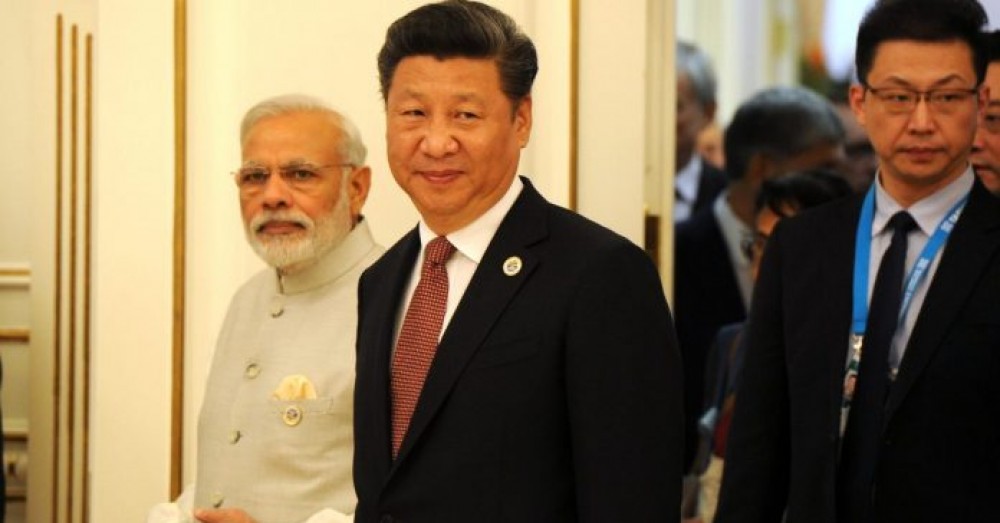The 30th anniversary of the return of Indian Peace-Keeping Force from Sri Lanka has come and gone, without a murmur. As many as 1,200 Indian soldiers were killed and several hundreds more wounded in the 32 months that the IPKF spent in the teardrop island country, in the wake of the 1987 India-Sri Lanka accord signed between former Prime Minister Rajiv Gandhi and then Sri Lankan President Junius Jayewardene, in order to defeat the LTTE.
Thirty years later, the world has changed profoundly. Not just because a virus is wreaking havoc globally, sending thousands to their premature deaths and putting the fear of God into millions of others, but also because Covid is drawing up the faint contours of a post-pandemic world.
India countering Beijing’s Covid diplomacy
At the heart of this Covid story is how China is aggressively fighting accusations of not coming clean on the virus’ antecedents and how it is using this crisis to expand its political presence in large parts of the globe, including in South Asia.
The South Asia example is particularly fascinating. For the last several years, the region has witnessed a see-saw diplomatic battle between India and China, both of which want to expand their sphere of influence. The Covid pandemic has only exacerbated this determination.
Considering India’s economy is one-fifth the size of China, Delhi knows it can never win the numbers game with Beijing. Anything India promises, the Chinese pledge ten times more. So even though Prime Minister Modi promised to set up a SAARC emergency fund with $10 million aid in March, India knew it had to do more.
It was decided that the Indian Army would ready rapid response teams to Sri Lanka, Bangladesh, Bhutan and Afghanistan, on the lines of the medical team it sent to the Maldives early in the outbreak. These teams are expected “to help boost (their) capabilities” in dealing with the ongoing health crisis.
This is clearly India’s biggest foreign policy move in recent times and it is taking place right here, in India’s neighbourhood.
Significantly, the Army’s rapid response teams will not go to two countries, Pakistan and Nepal. While the absence of an overture to Pakistan is disappointing, it is not surprising. The Modi government has been tough in its foreign policy towards Islamabad and it shows no signs of relenting.
Share This Post















